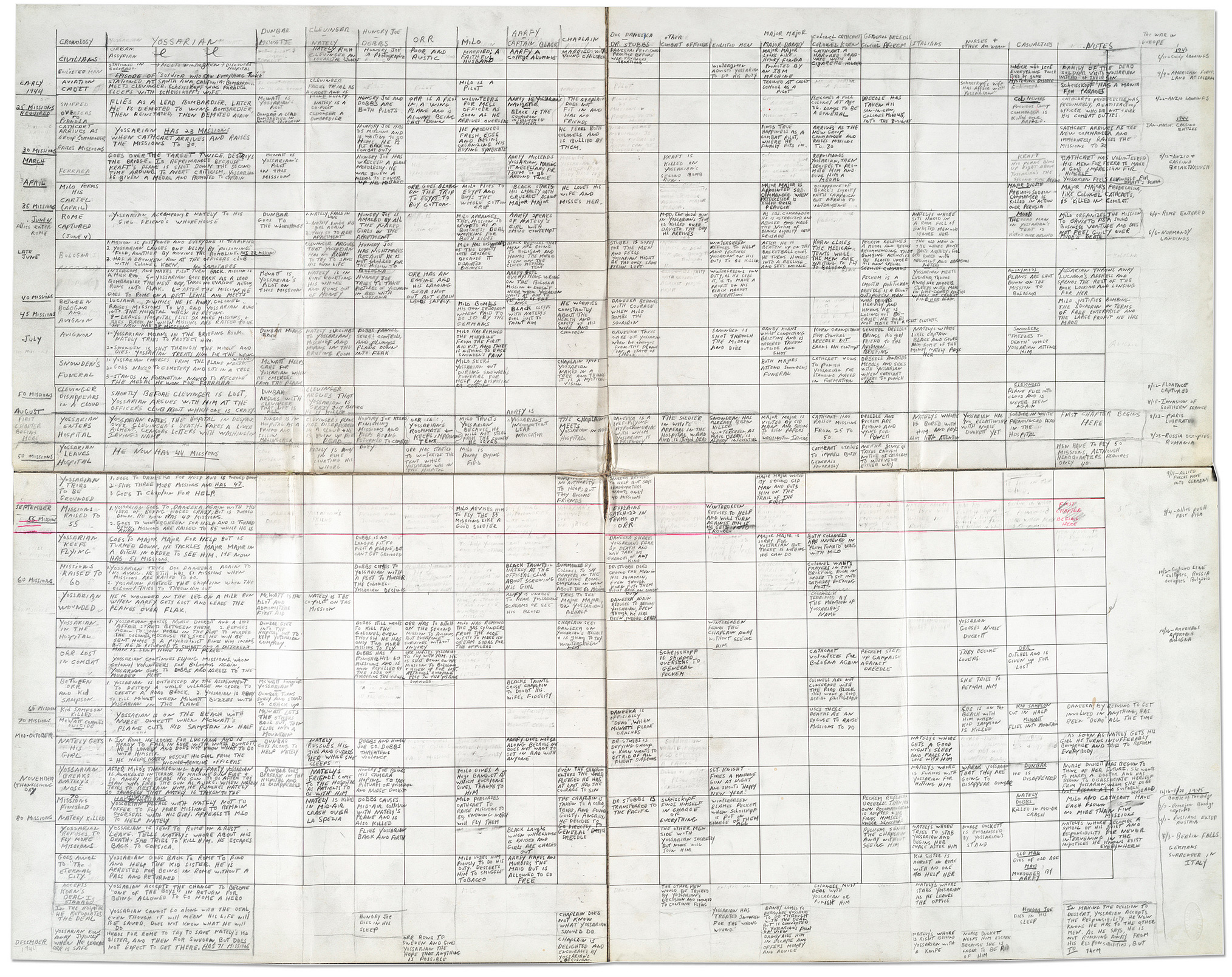Every Christmas, I like to give the gift of cinema to my family members. This year I took a gamble on getting my dad a film I hadn't seen: Luc Besson's Valérian and the City of a Thousand Planets. A gamble in that reviews and public reception had been mixed last summer and it was based on source material that none of us were familiar with. We ultimately all found Valérian to be a highly imaginative and enjoyable adventure through the space of the distant future, and while I felt the plot ran out of steam somewhat, the visuals more than made up for it.
It inspired me to seek out the original series of bandes dessinées written by Pierre Christin and illustrated by Jean-Claude Mézières, spanning a huge 21 albums across five decades. Personally I had never heard of the series, although feature adaptation aside the works have had significant influence on science fiction and the comic book medium, and are among the most successful in their genre. I was pleasantly surprised to find the first volume, 1970's The City of Shifting Waters, available for free on Kindle, and so dived in despite not having tried out any kind of book with images on that device before.
I found it to be something of a paradox. It is at once hugely inventive and also reliant on a range of sci-fi stereotypes - although on reflection, I suppose that its relatively early publication date means that it could well have served as the origination of some of those. The concept of "closing the loop" in its time-travelling story arc is certainly one that has been done many times since, but perhaps not before; and along with being given equal footing in the series' title, agent Laureline is certainly a progressive female character at a time when the likes of Robert Heinlein were dominating the genre.
However, it does also fall into the classic Dr. Who style trap of providing characters with access to unlimited travel across space and time and then sending them to 20th-century Earth with it. Albeit this is a post-nuclear disaster 1986 in which New York has turned into a tropical mangrove swamp and what little population remains is locked in a constant war of organised crime. Likewise, the villain Xombul, with his underground lair and plot to rule the world, is lifted straight from the pages of earlier superhero comics. Yet he is balanced by the charismatic blaxploitation gangster-musician Sun Rae and the endearingly nerdy scientist Dr. Schroeder, both of whom develop nicely as they help Valerian and Laureline in their mission.
So while the book is nowhere near as spectacular in its scope as the film, that can probably be put down to its age and the fact that this is where the series began. My experience of bande dessinée is effectively limited to Tintin and Astérix, both of which took a couple of books to truly hit their stride, and I wouldn't be surprised if Valérian didn't follow the same trend both in terms of writing and art as the years went on. I would certainly like to read more of it, and expand my knowledge of the medium in general.
3.5/5
Dane DeHaan was nowhere near as macho as the book version of Valérian, and Cara Delevigne not as ladylike as Laureline. But again, that could be the direction the characters take further down the line. In contrast, the film was a lot more bombastic than the book, which would be sound-tracked nicely by Air's sublime Moon Safari - French futurism at its best.
